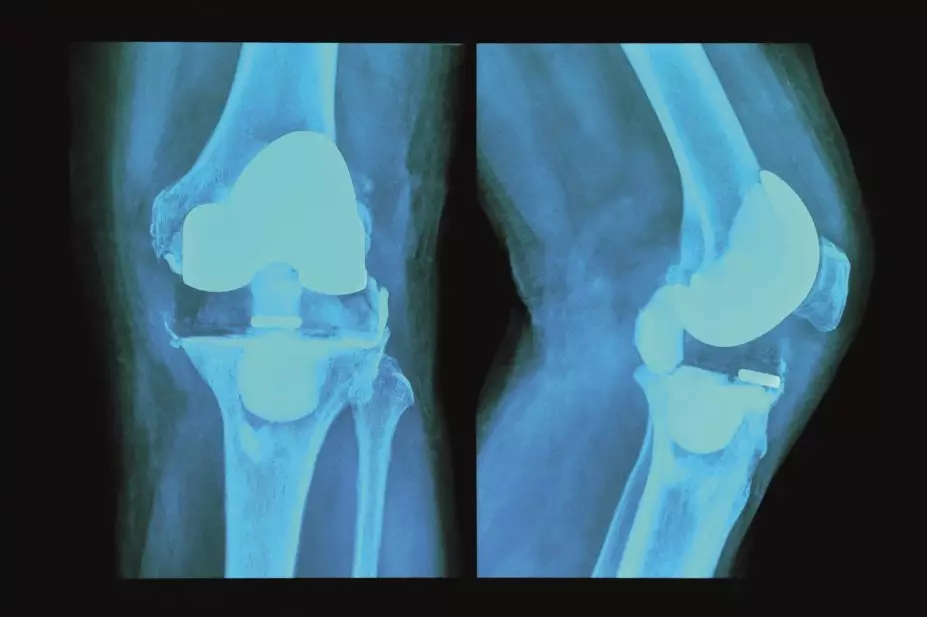
Shutterstock.com
Patients with psoriasis who experience trauma to the joints or bones are up to 50% more likely to go on to develop psoriatic arthritis, a study[1]
presented at the Annual European Congress of Rheumatology (EULAR) on 11 June 2015 has shown.
The finding could prompt the development of treatment strategies to help prevent the onset of this condition in these patients, the researchers suggest.
Psoriasis is an autoimmune disorder that affects the skin and is linked to a 10–30% risk of developing inflammatory disease in the joints, called psoriatic arthritis. A well observed feature of psoriasis is the Koebner phenomenon, the development of psoriasis lesions after trauma to the skin. Researchers, led by a group at the University of Iceland, hypothesised that the same thing could happen in the joints, a so-called “deep Koebner” effect.
European data from the Health Improvement Network database were used to analyse more than 70,000 psoriasis patients. Individuals who experienced trauma were compared with five similar individuals who did not.
Trauma to the bones or joints, such as a fracture, led to a 46% and 50% increased risk of developing psoriatic arthritis in the joints (hazard ratio 1.46, 95% confidence interval [CI] 1.04–2.04, and 1.50, 95% CI 1.19–1.90, respectively). By comparison, trauma of the skin or nerves did not increase the risk of developing psoriatic arthritis, and bone or joint injuries did not increase the risk in patients without psoriasis.
Senior author Thorvardur Love, from Landspitali University Hospital in Iceland, said psoriasis patients already have a substantial risk of developing psoriatic arthritis so an additional 50% increase in risk makes a very large difference to this group of patients.
At this point no treatment recommendations can be made, he added. “But we think there are ways to manage trauma that could help prevent the onset of psoriatic arthritis and we are looking at this now.”
References
[1] Thorarensen S, Lu N, Ogdie A et al. Physical trauma is associated with the onset of psoriatic arthritis among psoriasis patients. Annual European Congress of Rheumatology 2015. 11 June 2015.


